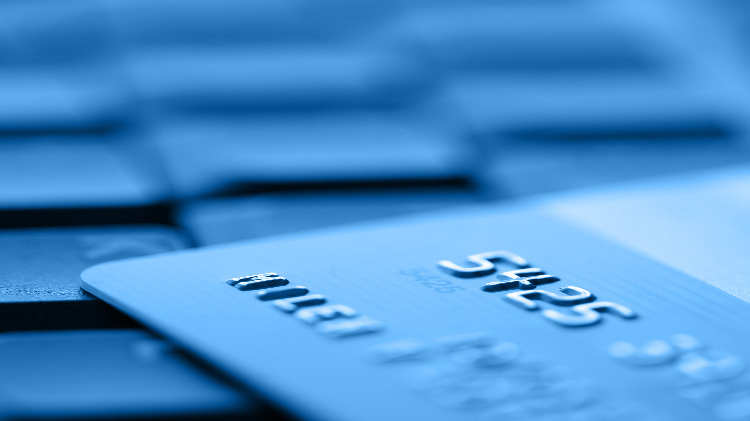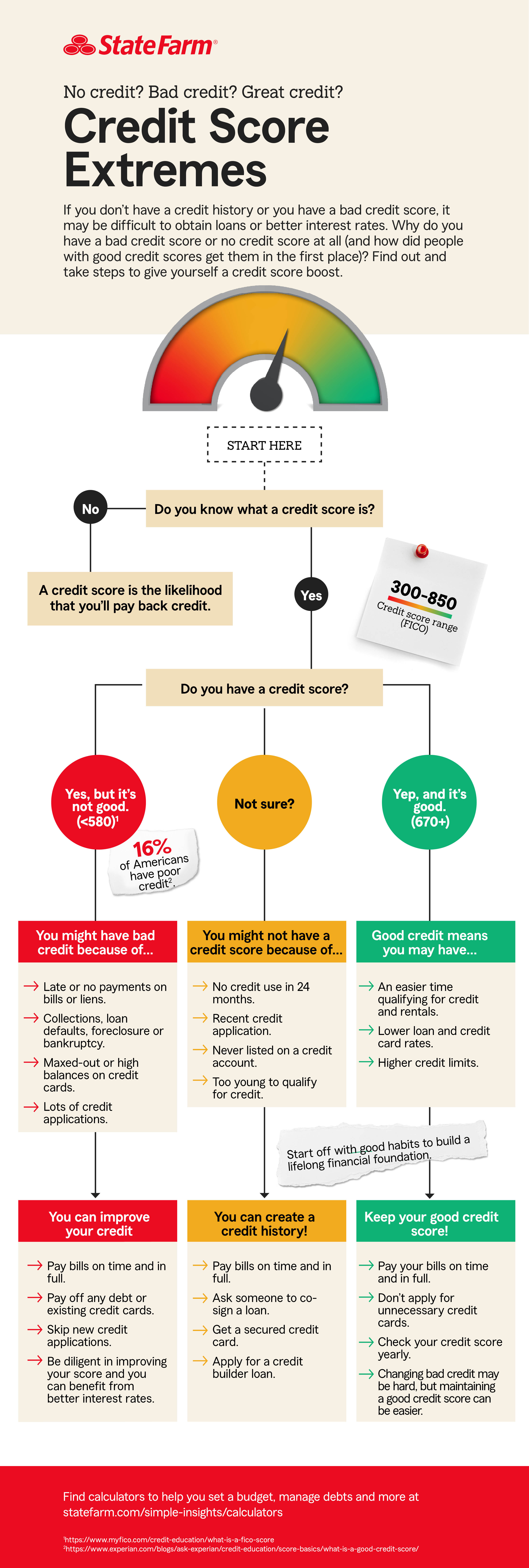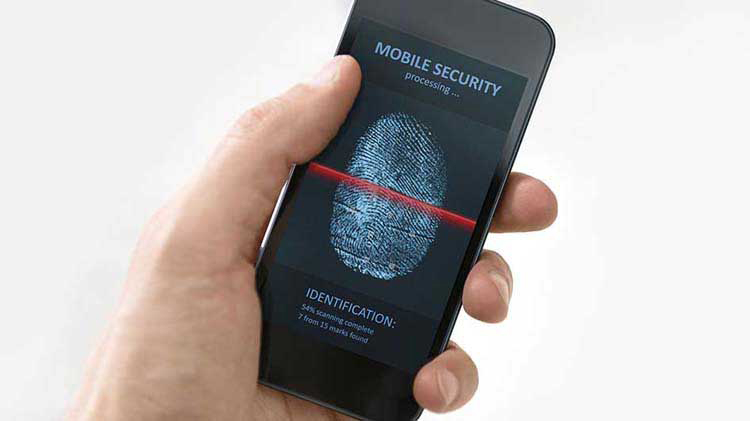Credit monitoring from home
Staying informed about your credit report could help stop credit fraud and identity theft.
Keeping tabs on your financial health can be essential in today’s world, and credit monitoring from home can help make it convenient and effective. Monitoring your credit regularly helps you identify errors, detect fraud, and maintain a strong credit profile. Whether you’re monitoring manually or using tools like credit monitoring services, it’s possible to stay in control without leaving your home.
Why credit monitoring is important
Credit monitoring is your first line of defense against identity theft and financial fraud. By keeping an eye on your credit report, you can help catch suspicious activity — such as unauthorized accounts or inquiries — before it spirals into a more significant issue. Additionally, credit monitoring can help you track progress as you work toward financial goals, like improving your credit score for a home loan or credit card application.
Many services now offer free credit monitoring, which provides an affordable way to stay alert to changes in your credit profile. Some banks, credit unions, and credit card issuers also provide free tools that allow you to check your credit score frequently.
What do credit monitoring services provide?
You can use a monitoring service to help see your credit reports daily. Credit report monitoring services may have different costs or may even be free but do your homework before you release your information to any websites. By using a service, it’s an easy way to monitor and be alerted of potentially fraudulent activity, credit score changes and some of these activities:
- New accounts
- Credit inquiries
- Increases in balances
- Changes in account status
- Inactive accounts becoming active
- Changes to and new public records and collection agency records
- Name changes
- New addresses and phone numbers
How to monitor your credit from home
It may be simpler than you might think to monitor your credit from the comfort of home. Start by obtaining your credit report, which shows a detailed history of your credit accounts, balances, payments, and more. You're entitled to a free copy of your credit report from each of the three major credit reporting agencies (Experian, Equifax, and TransUnion) annually through AnnualCreditReport.com. Why all three? Your credit score and report may vary by agency, depending on the information it has received from lenders. To keep a pulse on your report throughout the year, it may be a good idea to pull one of the reports every four months.
For ongoing monitoring, credit monitoring services can alert you to changes in your credit report or notify you about potential cases of fraud. When comparing services, consider features like real-time monitoring, access to your credit score, and fraud resolution assistance. Make sure the service fits your needs, whether you’re prioritizing affordability with free options, or security with robust premium plans.
AnnualCreditReport.com is the only authorized website for ordering free credit reports through the Fair Credit Reporting Act; all others making such claims have been known to either charge a fee or require you to buy other services to receive a "free" credit report.
It's important to note that only your credit report is free. You can purchase your credit score directly from the credit bureaus or from FICO (formerly known as Fair Isaac Corporation), the company that created the first credit score system. Fees to check your credit score may vary depending on the company you use and information you request. Some might advertise free services but be sure to confirm the company you will be using is legitimate. Read the terms and conditions of the services and make sure you type in the correct internet address and that it is a secure site. Most credit card issuers offer customers free FICO score reports.
Does monitoring your credit report safeguard against identity theft?
Checking your credit report may help safeguard against identity theft. The Insurance Information Institute reports that the Federal Trade Commission (FTC) received over 5 million reports in 2023, with 2.5 million being for fraud and over 1 million for identity theft. Your credit report will show if someone has opened a credit card account in your name. Not only will the new account be listed, but also the amount owed or any delinquency on the account.
If you suspect you've been a victim of identity theft, you'll want to place a fraud alert on your credit report, close those accounts, file a police report and a complaint with the FTC.
How to freeze your credit
Freezing a credit report
Freezing your credit is an effective way to safeguard against identity theft — either before or after your personal information has been compromised. But how do you freeze your credit? A credit freeze restricts access to your credit report, making it harder for criminals to open accounts in your name. This extra layer of security costs nothing and can be easily lifted whenever you apply for credit.
To freeze your credit, contact each of the three major credit bureaus — Experian, Equifax and TransUnion. Most now allow you to initiate the process online, making it quick and hassle-free. You’ll need to provide personal information, like your Social Security number and date of birth, to verify your identity. After placing the freeze, you'll be given a unique Personal Identification Number (PIN) or password that you'll need to unfreeze your credit when necessary.
Credit card freeze
Credit cards can be frozen on an individual basis. This can be especially helpful if you left a credit card at a restaurant or temporarily misplace it. You can notify the credit card company and request a freeze, or many times you can use your app to freeze and unfreeze the card.
Does freezing your credit hurt your credit score?
The simple answer is no. Freezing your credit does not affect your credit score in any way. It simply limits access to your credit report, which protects you from identity theft but doesn’t impact your payment history, credit utilization, or other factors that determine your score.
However, a credit freeze only blocks new lenders from checking your credit report. It doesn’t stop thieves from making fraudulent charges on your existing accounts. That’s why freezing your credit is often recommended as part of a multi-layered approach to financial security, along with monitoring your statements and using credit monitoring tools.
What determines your credit score?
Your credit score is a numerical scale that lenders use to determine your creditworthiness. It's a good idea to check your credit report periodically for free at AnnualCreditReport.com. This allows you to monitor activity that impacts your credit score and ensures everything is accurate and up to date. A few factors that may determine your credit score include:
- Payment history, 35% — do you pay your bills on time?
- Tip — always pay at least the minimum payment due on time. Consider signing up for automatic payments, which usually involves linking the credit card to a bank account, and schedule payments ahead of time to help avoid late payments.
- Credit Utilization Ratio, 30% — how much of your credit have you used? Total Balance/Total Limit = Credit Utilization Ratio
- Tip — consider asking for a credit limit increase to lower your utilization ratio (but be careful if you struggle to manage spending on your cards).
- Length of credit history, 15% — how long have you had credit?
- Tip — if you already have credit cards, try to keep your oldest accounts open. Consider putting a recurring charge on the credit card to keep it active (but be sure to pay it off on time).
- Credit mix, 10% — do you have different types of credit? There are two types of credit:
- Installment — has an end date (think loans)
- Revolving — has no end date (think credit cards)
- Tip — don't worry if you don't have any installment accounts today. These will likely come with time as you buy a car, home or take out loans.
- Credit inquiries, 10% — how often is your credit report accessed? There are two types of inquiries:
- Hard inquiry — impacts your score (a lender pulls your credit score)
- Soft inquiry — doesn't impact your score (you pull your own credit score)




